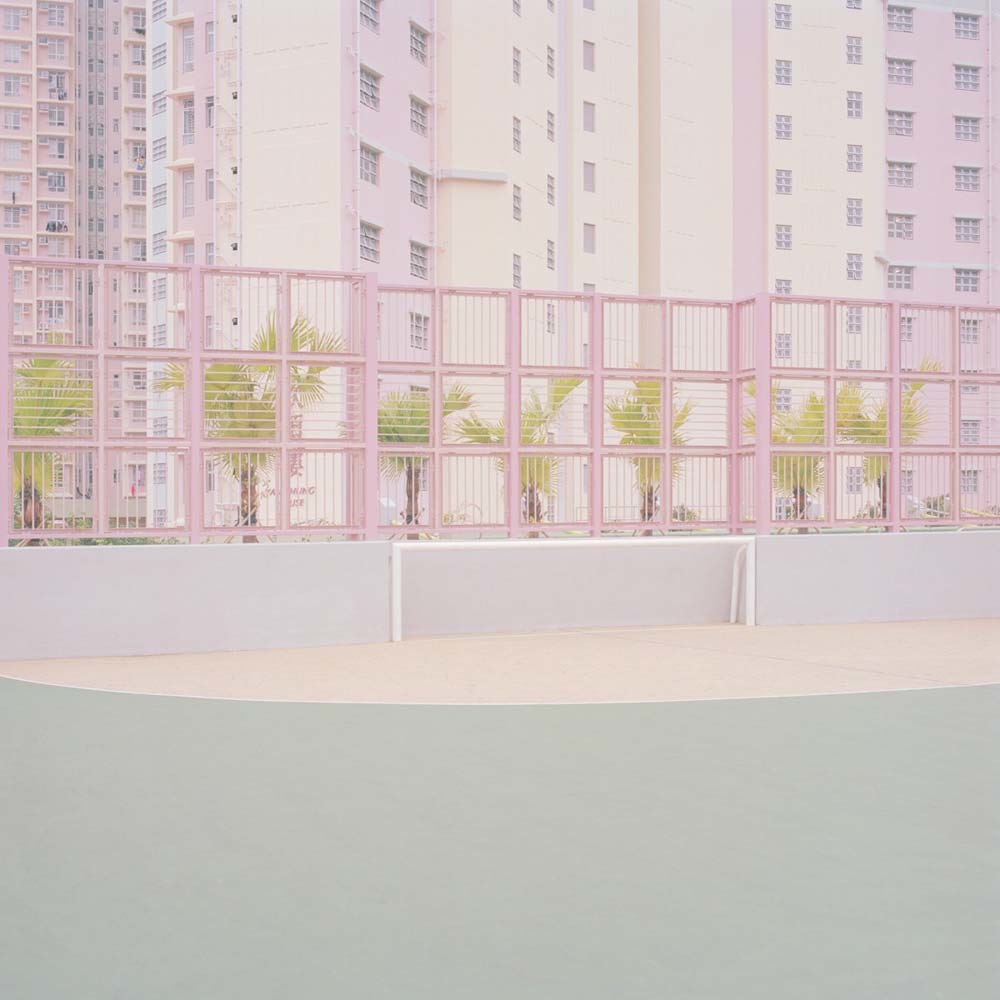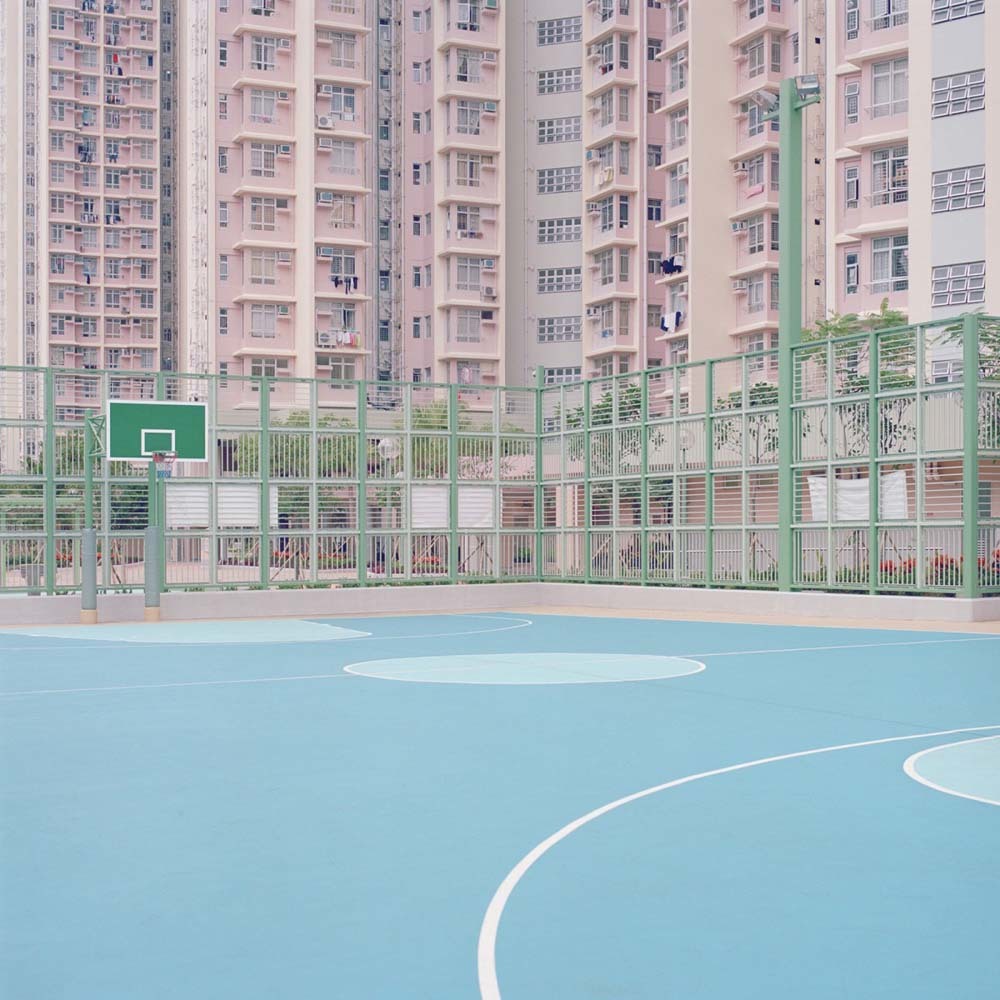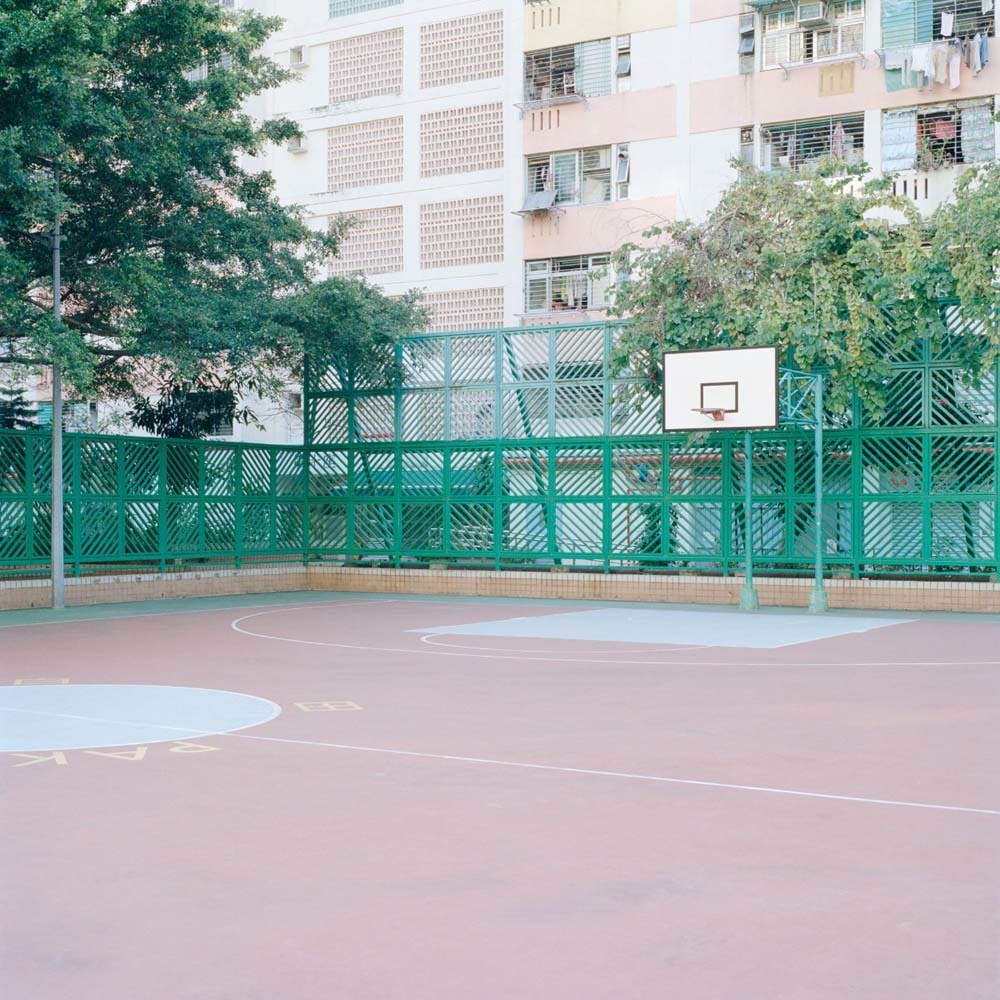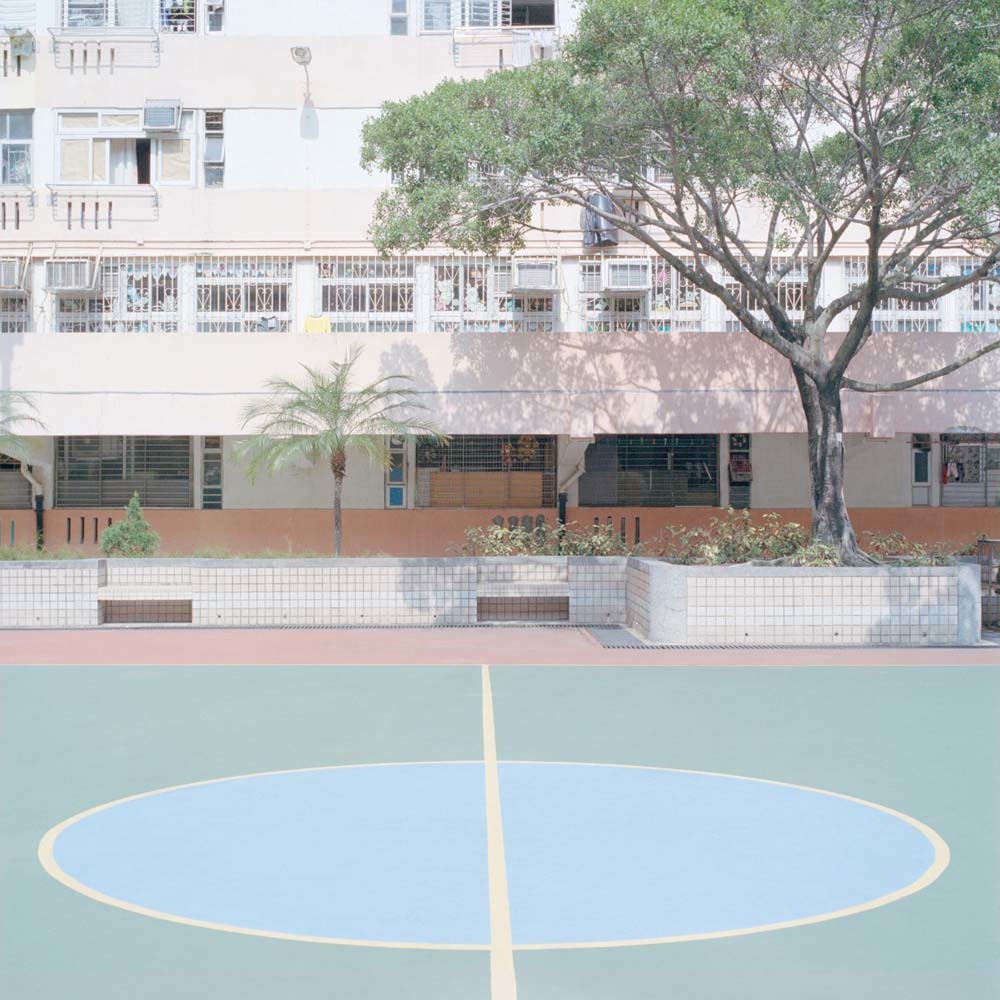When Ward Roberts answers the phone, you’re not sure what accent you’ll hear. Growing up between Hong Kong and Australia, and now based in New York he and his art are the products of many places. Considering this, it’s not surprising someone who spent their life journeying between concrete landscapes would eventually be romanced by them.
His photos of empty public spaces reflect a deep appreciation for the hidden messages in buildings and steel. He notices pattern, colour and loveliness where most of us see urban sprawl.
Looking at your photos it strikes me you must have an gift for finding these magical urban spaces.
I don’t know if this sounds obnoxious or strange, but it’s something that just comes from my gut. I get this strange feeling when I’m around spaces that resonate with me. I’m able to connect in a way where I just feel I have to shoot them. I have to capture this energy and translate it.

Maybe you have a sixth sense, you can feel when they’re near. Wide, empty spaces can be read as either peaceful or lonely, how do you see them?
I guess when I try and capture these spaces I find they feel sort of lonely, but I just don’t know why. Some places, even when they’re packed full of people, just feel eerie, like a ghost town, even if there’s a soccer match going on.
Why are you so engaged with cities?
I love being able to translate what the city means to me. I was recently in Hong Kong for two months and it really altered my perspective on the local area. I could see how people connected to the space, and why for instance some of the local buildings are really colourful and how my interpretation is different to other people’s. I find it really interesting that as I progress through life my perspective evolves.

Architecture does kind of form a dialog between people across generations.
Yeah absolutely. I find in Hong Kong, New York and parts of Europe there are themes that run through cities. But I feel lost in Melbourne because it lacks that theme. In Melbourne everything has it’s own identity, it wants to stand solo. I found it really hard to connect to the architecture in Melbourne because you almost just need to pick something small, like a building or a small part of the city, and go “okay, I connect with this part of it”.
We’ve talked a lot about urban areas, but looking through your photos I got this sense of an engagement with nature in cities. Do you feel that push and pull between the natural and constructed zones?
Oh, absolutely. I think it’s really interesting to see how different cities interpret nature and manmade construction. New York has got Central Park in the middle and trees peppered between the streets. But look at photos of areas of Brooklyn, Bronx and Queens 30 or 40 years ago and they didn’t have trees—there is this very unsafe feel to it.
As you put trees in I think people feel more at home, like they’re part of something. Hong Kong feels like it’s 90 city but it is fact mostly surrounded by nature, which you would not expect from the city. I feel there’s a calming aspect that people feel when they’re close to nature.

Also in Hong Kong or Australian cities the nature feels incidental, but in New York it’s planned and ordered.
Any form of meticulous order, whether that’s nature or urban, just doesn’t feel right. I always like to say that perfection is the enemy of greatness. As soon as something’s perfect or meticulous it’s no longer relatable to humans because we always make mistakes. Whether that’s in relationships or work, part of being alive is constantly making mistakes. When something’s so maintained it doesn’t feel human, it doesn’t feel connectable.
That gets back to the eeriness we were talking about. Perfect spaces trigger something unsettled in us.
Absolutely.




Credits
Text Wendy Syfret
Photography Ward Roberts
